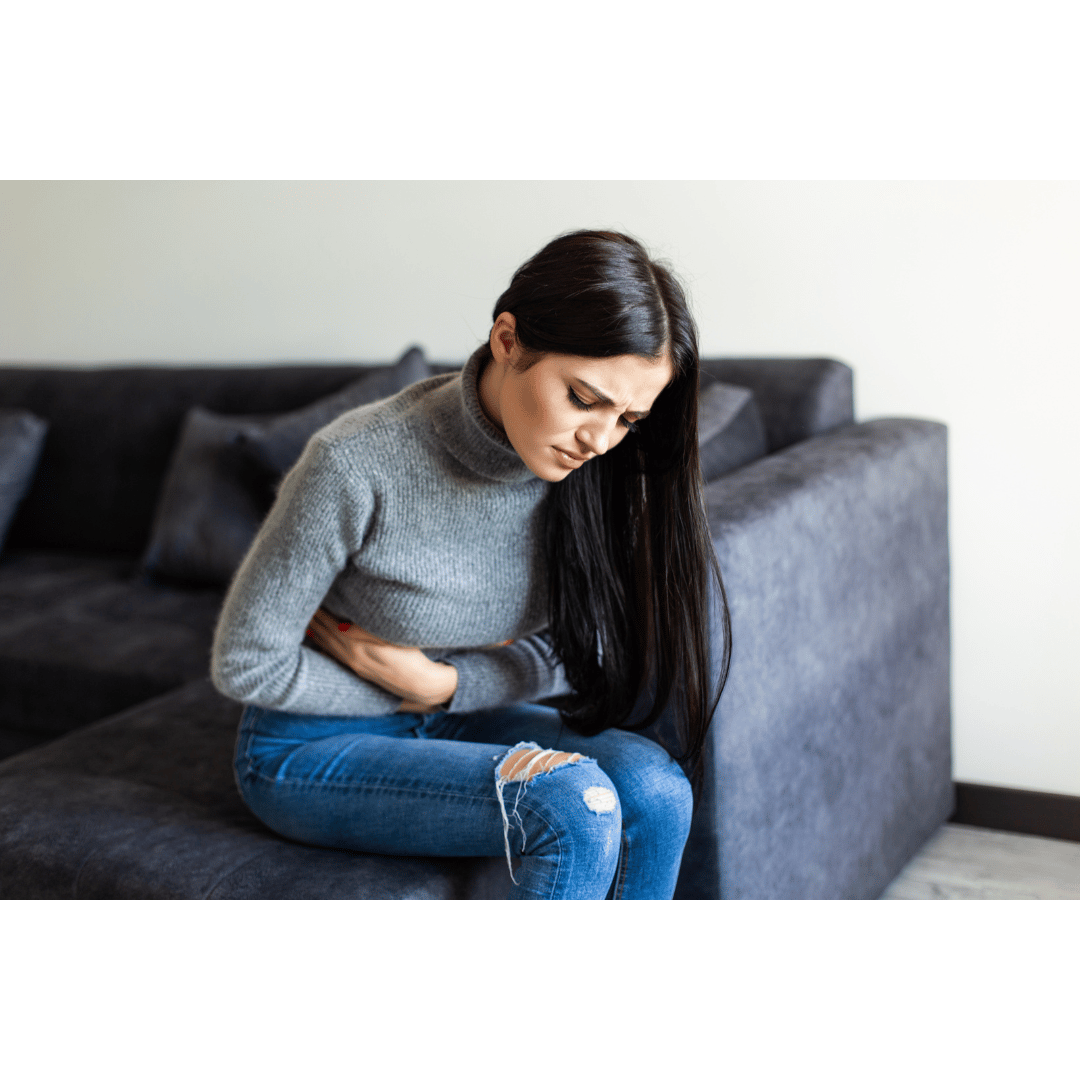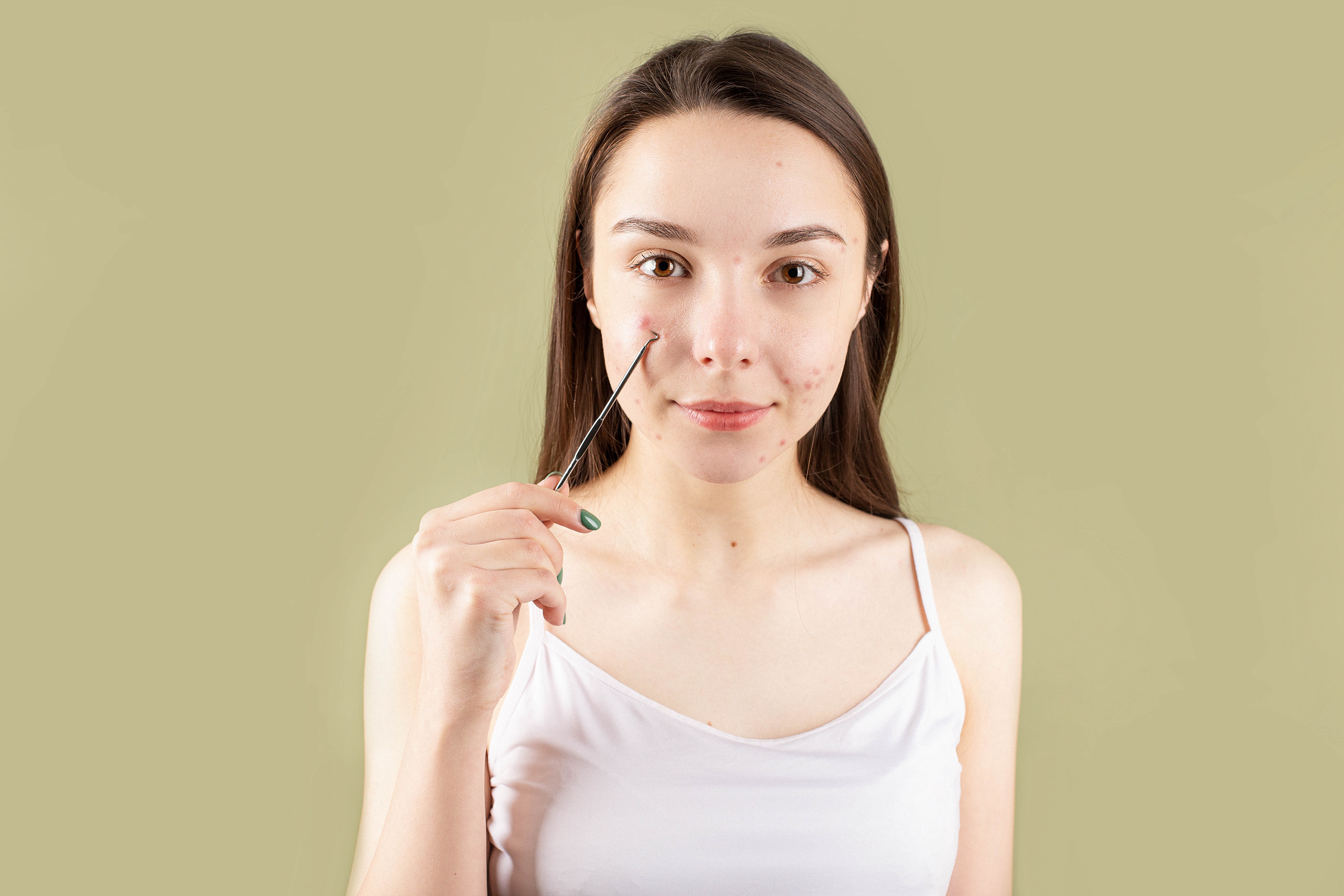Early Signs of PCOS

One in Five women suffer from PCOS in India women in India and that is a big number. However, the exact prevalence of PCOS in India is not well documented and may vary based on different studies.
The high prevalence of the condition highlights the need for better awareness, diagnosis, and management of PCOS in India. It is important for women to understand the signs and symptoms of PCOS and seek medical advice if they suspect they may be suffering from the condition.
This blog will educate you on the early signs of PCOS so that you can take action timely.
What is PCOS?
PCOS stands for Polycystic Ovary Syndrome. It is a common hormonal disorder among women of reproductive age that can cause a variety of symptoms, including irregular menstrual periods, acne, and weight gain. It is also a leading cause of infertility. The cause of PCOS is not well understood, but it is thought to be related to an imbalance of hormones such as insulin and androgens. It is diagnosed by the presence of at least two of the following criteria: hyperandrogenism (elevated levels of male hormones), ovulatory dysfunction (irregular or absent ovulation), and polycystic ovaries (multiple small cysts in the ovaries).
Early Symptoms of PCOS
There are various early signs of PCOS and we have listed all of them for you.
However, please note some women may not have any symptoms at all or only have a few symptoms. It's also important to note that these symptoms can be caused by other conditions, so it's important to see a healthcare professional for a proper diagnosis.
Have a look on the early symptoms-
Irregular or absent menstrual periods
PCOS can cause irregular menstrual cycles, or periods, in women. This is because the hormonal imbalances associated with PCOS can disrupt the normal functioning of the menstrual cycle and lead to changes in the regularity and timing of periods.
Some women with PCOS may experience infrequent or absent periods, while others may have irregular or heavy bleeding. PCOS can also cause the formation of cysts in the ovaries, which can contribute to hormonal imbalances and further disrupt the menstrual cycle.
Acne or oily skin
PCOS usually affects women of reproductive age and can cause various symptoms, including acne and oily skin. This is due to an excess of androgens (male hormones) in the body, which can increase sebum production and trigger breakouts.
In addition to hormonal imbalances, insulin resistance, which is also common in women with PCOS, can contribute to increased sebum production and lead to acne and oily skin. However, it's important to note that not all women with PCOS will experience these skin symptoms and that other conditions can also cause acne and oily skin and in such a case you can try some good anti-acne serums or other products.

Hirsutism
Excess hair growth, also known as hirsutism, is one of the most common early signs of PCOS. As mentioned earlier, women with PCOS often have an excess of androgens, which can also lead to increased hair growth in male-pattern areas, such as the face, chest, and back.
The excess androgens disrupt the normal balance of hormones in the body, leading to the development of more terminal hairs, which are longer, thicker, and darker than normal.
Hirsutism can be a distressing symptom for women and can have a significant impact on their self-esteem and quality of life. However, it can be effectively managed with a combination of medical treatment and hair removal techniques.
Male-pattern baldness or thinning of hair
Male-pattern baldness or thinning of hair is not a direct sign of Polycystic Ovary Syndrome (PCOS), however, it can be related to it.
Again, excessive male hormone secretion is to blame. These hormones can lead to hair thinning or loss in women. Additionally, the hormonal imbalances associated with PCOS can also cause changes in the hair growth cycle, leading to hair thinning or loss.
But it's important to note that hair loss can be caused by many different factors, and a proper medical evaluation is necessary to determine the cause.
Darkening of the skin
Darkening of the skin, also known as acanthosis nigricans, can be a sign of Polycystic Ovary Syndrome (PCOS). It is a condition characterized by patches of dark, velvety skin that appear in body folds and creases, such as the neck, groin, and underarms.
The darkening is caused by an increase in insulin levels, which is common in women with PCOS. Insulin resistance and high insulin levels can lead to an overproduction of insulin in the body, which can trigger an increase in the production of skin pigmentation.

However, it is important to note that darkening of the skin can also be caused by other conditions, so a proper medical evaluation is necessary to determine the cause.
Weight gain or difficulty losing weight
Weight gain or difficulty losing weight can be a symptom of Polycystic Ovary Syndrome (PCOS). Women with PCOS often have insulin resistance, which can cause an increase in insulin levels and lead to weight gain. The hormonal imbalances associated with PCOS can also disrupt the normal metabolism of carbohydrates and fats, making it more difficult to lose weight.

Additionally, the presence of small cysts on the ovaries can also contribute to weight gain by increasing the production of androgens, which can lead to an increase in body fat. However, it's important to note that weight gain can be caused by many different factors, so a proper medical evaluation is necessary to determine the cause.
Mood changes, depression, and anxiety
Mood changes, depression, and anxiety can be symptoms of Polycystic Ovary Syndrome (PCOS). Women with PCOS often experience hormonal imbalances, which can cause a range of physical and emotional symptoms.
Additionally, the symptoms of PCOS, such as irregular periods, weight gain, and acne, can also affect a woman's self-esteem and quality of life, contributing to feelings of depression and anxiety. Women with PCOS may also experience changes in their mood and energy levels due to the hormonal fluctuations associated with the condition.
However, it's important to note that mood changes, depression, and anxiety can be caused by many different factors. So, a proper medical evaluation or therapy is necessary to determine the cause.
And if you are experiencing such fluctuations in your mood, then you can also try yoga and meditation, it has been proven to help.
Pelvic pain
Women with PCOS often have small cysts on their ovaries, which can cause pain or discomfort. The cysts can also cause the ovaries to enlarge, leading to pelvic pain. Additionally, the hormonal imbalances associated with PCOS can lead to the formation of endometrial tissue outside the uterus, which can cause pain and discomfort. Pelvic pain can also be caused by other conditions, so a proper medical evaluation is necessary to determine the cause.
Fertility problems
Fertility problems can be an early sign of Polycystic Ovary Syndrome (PCOS). As mentioned before, women with PCOS often experience irregular periods or anovulation, meaning that they do not ovulate regularly or at all.
Ovulation is necessary for conception to occur, so a lack of ovulation can lead to infertility. Additionally, the hormonal imbalances associated with PCOS can cause changes in the production of hormones that regulate the menstrual cycle, leading to infertility.
Summing Up
It is important to recognize these signs and seek medical attention, as PCOS can increase the risk of infertility, cardiovascular disease, and type 2 diabetes. With proper diagnosis and treatment, women with PCOS can manage their symptoms and improve their overall health.
Now that you know all the early signs of PCOS, check what symptoms sound familiar and contact an OB-GYN right away. You may also check out our PCOS care plans that will take care of everything, right from your PCOS diet, and fitness to treatment.
If you have any doubts, feel free to drop a comment or contact us.
Leave a Comment
Blogs
Popular Posts
Get the latest from Newmi
Subscribe to get Email Updates!
Thanks for subscribe.
Your response has been recorded.
COPYRIGHT © 2023 KA HEALTHCARE PVT LTD - ALL RIGHTS RESERVED.
Disclaimer: NEWMI CARE does not cater to any medical/Pregnancy or psychiatric emergencies. If you are in a life-threatening situation, please do NOT use this site. If you are feeling suicidal, we recommend you call a suicide prevention helpline or go to your nearest hospital.

0 Comment